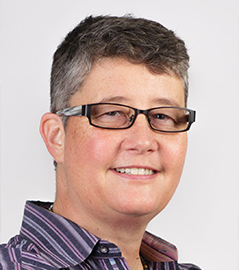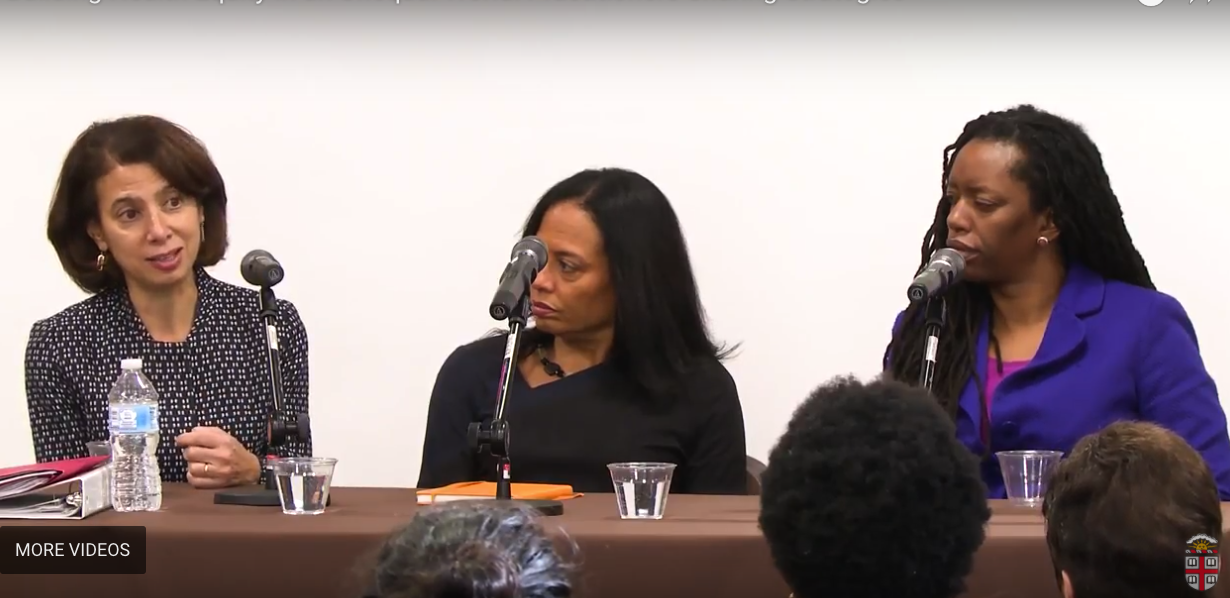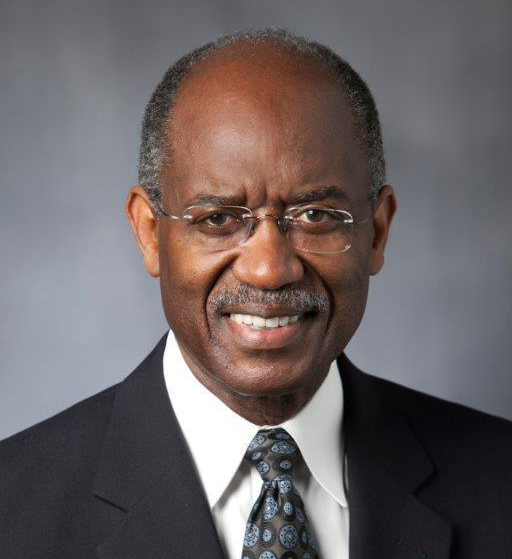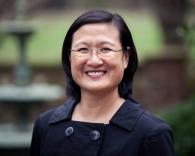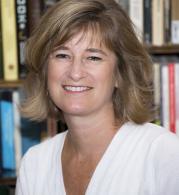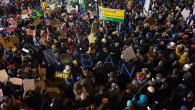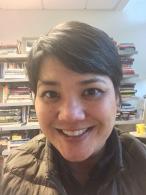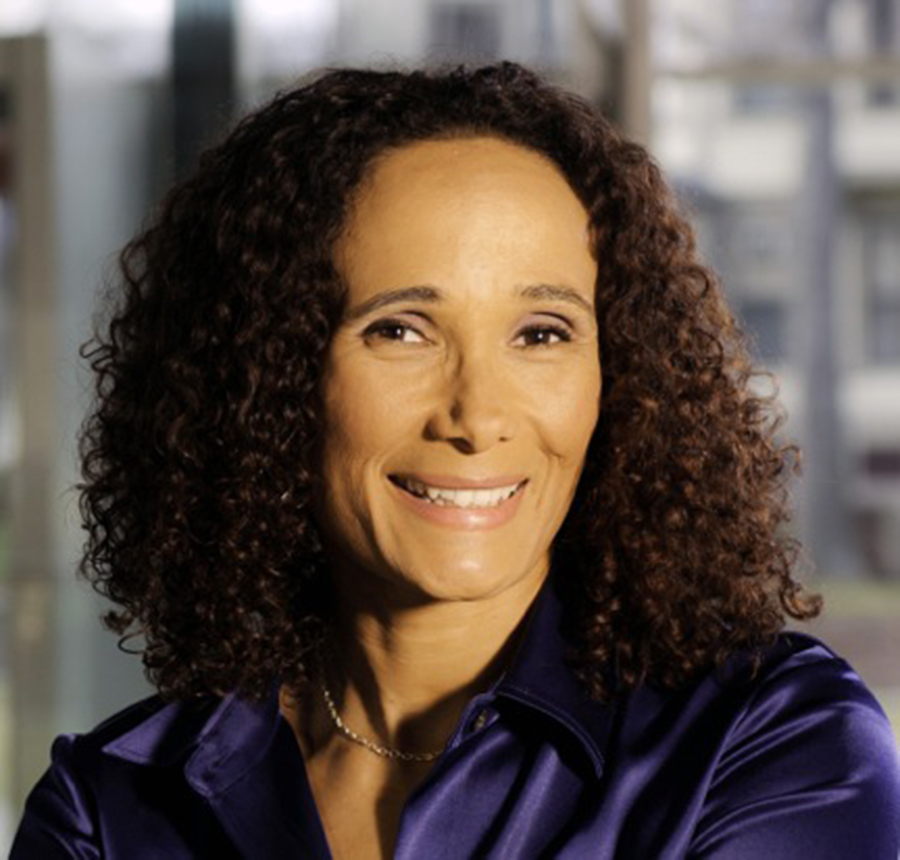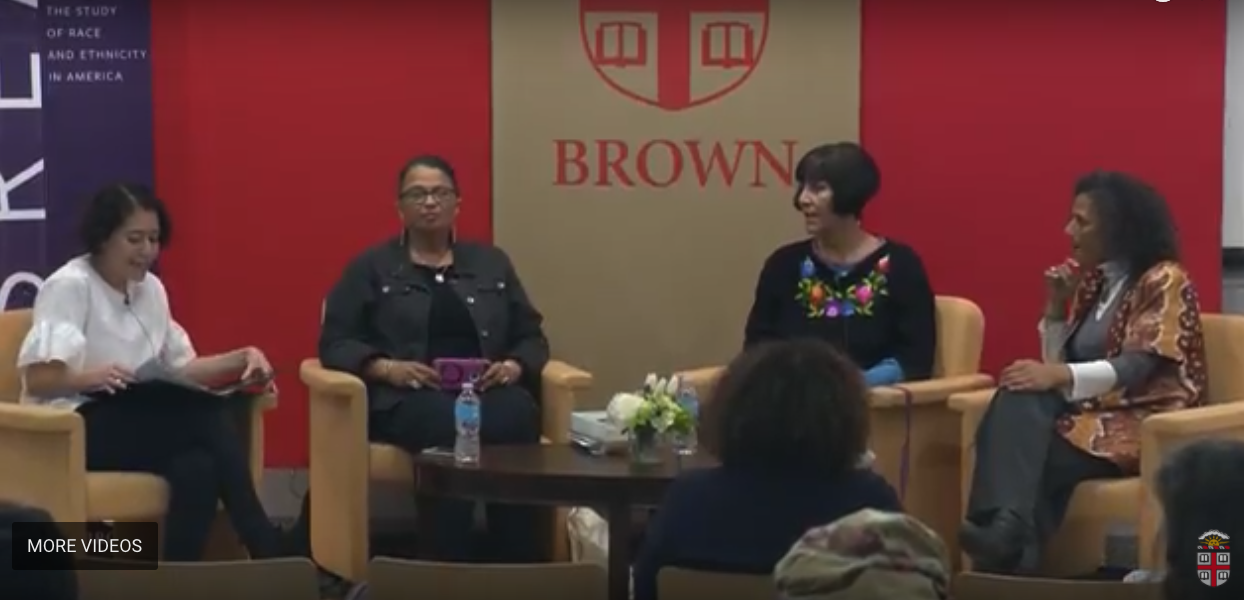David Roediger, "Whiteness in the Time of Trump"

IBES 130 (Carmichael Auditorium), 85 Waterman Street, Providence, RI 02912
The election of Donald Trump incontrovertibly rested on his support among white voters, including white female voters. Many commentators have more specifically argued that the rightward motion of the "white working class" in and beyond the U.S. holds the key to pushing the far right to electoral majorities and to swagger in committing racist attacks. David Roediger's longstanding work on the critical study of whiteness in U.S. history positions him to address the extent to which Trump represents a new departure or a logical result of long processes.

